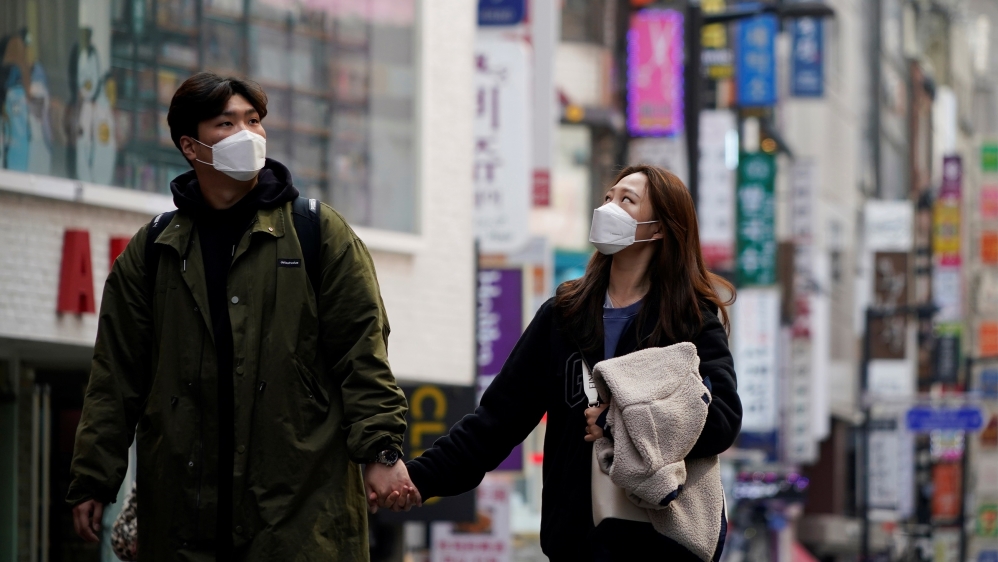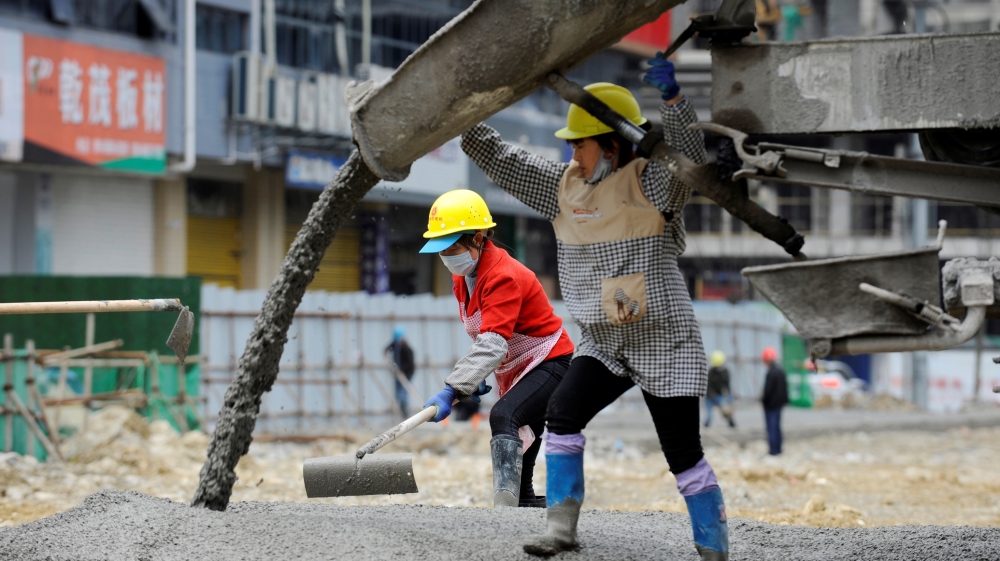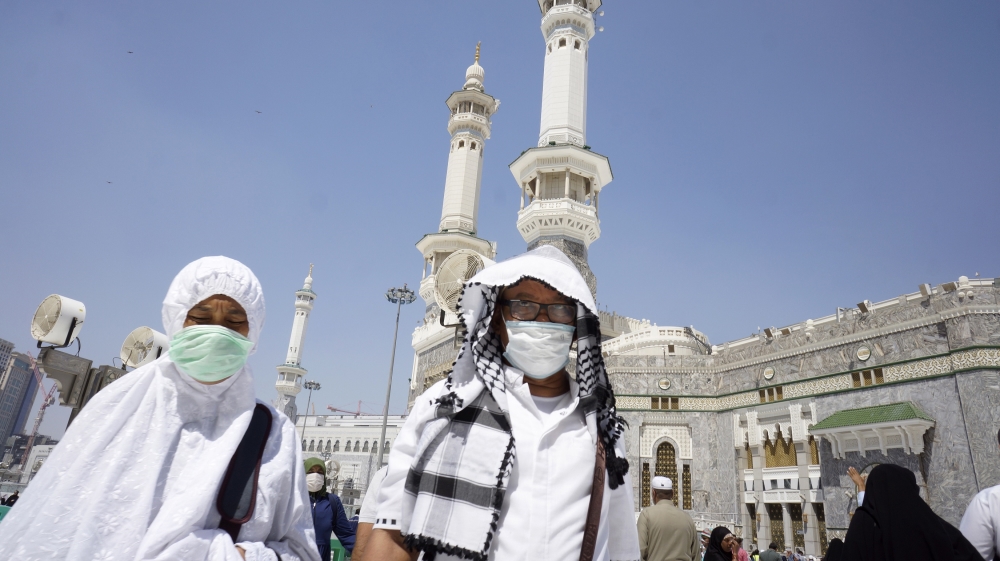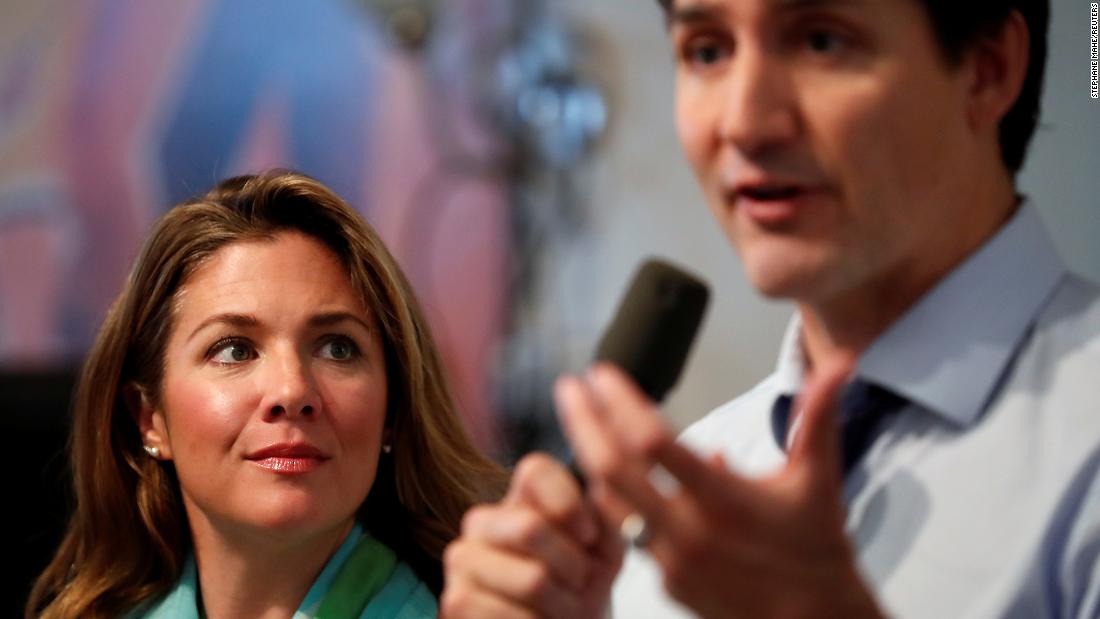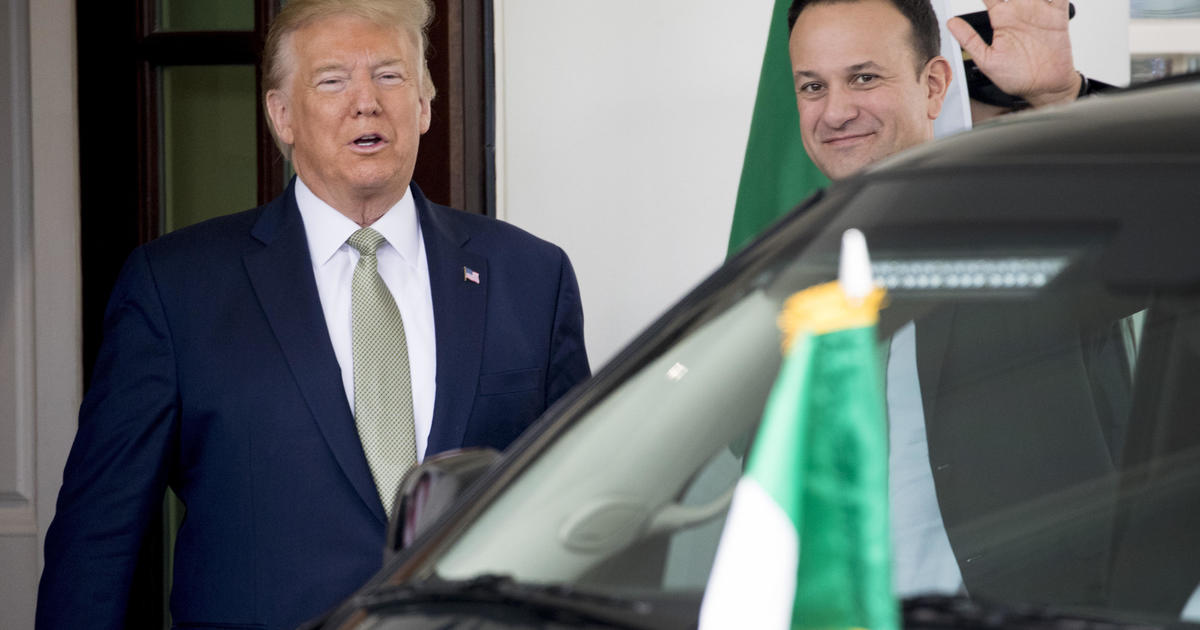South Korea, once the largest coronavirus outbreak outside China, has seen its newly recovered patients exceed fresh infections for the first time on Friday, as it reported its lowest number of new cases for three weeks.
However, death toll from an outbreak of coronavirus in Italy has jumped in the last 24 hours by 189 to 1,016, a rise of 23 percent, the country's Civil Protection Agency said on Thursday.
More:
The World Health Organization (WHO) declared the outbreak a pandemic as Italy tightened its strict quarantine and the United States imposed a ban on flights to Europe.
More than 4,613 people have died and over 126,000 have been infected globally, according to the WHO. About 68,000 victims have recovered, according to Johns Hopkins University, which is tracking the virus.
The escalating coronavirus emergency has sent stocks crashing to their worst losses in 30 years.
Here are the latest updates:
Friday, March 13
06:30 GMT - China spokesman suggest coronavirus originated from US
Zhao Lijian, a top spokesman of the Chinese government and senior foreign ministry official, posted on social media on Friday a report published in a Canada-based conpiracy website suggesting that the coronavirus originated from the US.
"Just take a few minutes to read one more article. This is so astonishing that it changed many things I used to believe in. Please retweet to let more people know about it," Zhao wrote on Twitter.
His post accompanied an article with the headline: 'A shocking update. Did The Virus Originate in the US?'
Earlier, Zhao also posted a video of the US Congress hearing, suggesting that the US Centers for Disease Control and Prevention was "caught on the spot" saying that "patient zero" began in the US.
05:57 GMT - Turkey confirms second coronavirus case
Turkey’s health minister has announced the country's second case of the coronavirus, which is linked to the first case.
"He is from the immediate circle of our first patient, who was followed up as soon as the diagnosis was made," Fahrettin Koca wrote on Twitter on Friday.
"We have taken the necessary measures to keep the possible spread of the virus within these limits. We will overcome this problem together," he added.
04:59 GMT - Indonesia to ban face-mask exports
Indonesia will temporarily ban the export of face masks to safeguard domestic supply amid the coronavirus outbreak, Reuters news agency reported on Friday.
"We will issue a temporary export ban for mask products to meet demand from domestic industries and consumers," Trade Minister Agus Suparmanto told reporters.
The ban will be kept in place until the government is satisfied local supply is adequate, he said.
Prices for face masks have jumped in some parts of Indonesia as buyers stock up on protective supplies such as masks and hand sanitisers due to worries about the coronavirus.
There are an estimated 34 cases in Indonesia, with one fatality and two recoveries.
04:20 GMT China's first coronavirus case traced back to November 17
The South China Morning Post reported that the first case of someone in China suffering from the coronavirus was traced back to November 17.
The Hong Kong-based newspaper and website cited government data from China.
The exclusive report said that a 55 year-old man from Hubei province may have been the first person to have contracted the deadly disease in mid-November last year.
South Korea reported 177 fully recovered patients were released on Thursday, and more than 110 new cases [Kim Hong-Ji/Reuters]
03:35 GMT - South Korea sees more virus patients released than new infections
South Korea - once the largest coronavirus outbreak outside China - saw its newly recovered patients exceed fresh infections for the first time on Friday, as it reported its lowest number of new cases for three weeks.
The country confirmed 110 new cases on Thursday, the Korea Centers for Disease Control and Prevention (KCDC) said, taking the total to 7,979.
But 177 fully recovered patients were released the same day, it added.
South Korea has an advanced medical system widely available to all, and has embarked on a huge coronavirus testing drive.
03:35 GMT - F1 cancels season-opening Australian Grand Prix
As thousands of fans queued to get into the Australian Grand Prix for the first Formula One weekend of the season, the teams and drivers were packing up to leave.
Concern over the coronavirus left organisers with little choice on Friday but to cancel the season-opening race, particularly after McLaren's withdrawal because a team member tested positive for the COVID-19 illless and following heavy criticism from six-times world champion Lewis Hamilton.
Principals of nine F1 teams and organisers met overnight and "concluded with a majority view of the teams that the race should not go ahead," a joint statement by motorsport's governing body, the organisers and F1 said.
Chinese labourers work at a construction site in China's Guizhou province on Wednesday [China Daily via Reuters]
03:19 GMT - Over 95 percent of larger Chinese firms outside Hubei resume work
China's vice industry minister Xin Guobin said on Friday the work resumption rate outside of Hubei province, the epicentre of the coronavirus outbreak, is about 60 percent for small and medium firms and more than 95 percent for larger firms.
Xin, speaking to reporters at a State Council briefing, said China will coordinate with other countries to push forward on business resumption even as the pandemic stokes uncertainty about the return to normalcy.
The country is trying to get back to work after imposing strict restrictions on transport and people to slow the spread of infections.
03:17 GMT - Hong Kong records fourth coronavirus death
An 80-year old man became the fourth patient in Hong Kong to die due to the coronavirus, Reuters reported on Friday, quoting a Nethersole Eastern Hospital spokeswoman.
Hong Kong has so far confirmed around 130 coronavirus cases.
02:57 GMT - Filipino diplomat first known coronavirus case at UN in New York
A female diplomat from the Philippines mission to the United Nations tested positive for coronavirus on Thursday, according to a note sent to UN missions, making her the first known case at the world body's New York headquarters, Reuters reported on Friday.
"As of today, the Philippine Mission is in lockdown, and all personnel are instructed to self-quarantine and to seek medical attention should they develop the symptoms. We are assuming that all of us have been infected," wrote Philippines acting UN Ambassador Kira Azucena in a message seen by Reuters.
According to the online UN directory of diplomatic staff, there are about 12 diplomats at the Filipino mission, which is on Fifth Avenue in Midtown Manhattan.
Philippine Foreign Affairs Secretary Teodoro Locsin posted on Twitter that the diplomat was young, spritely and "doing well," adding that she had recently returned from Florida.
02:52 GMT - China coronavirus deaths reach 3,176, infections hit 80,813
China's National Health Commission reported on Friday at least seven new coronavirus deaths as of the end of Thursday, pushing the total number nationwide to 3,176.
Beijing also reported at least eight new confirmed cases during the same period, pushing the total number of cases to 80,813.
At least 68,000 patients have reportedly recovered from the infection.
01:54 GMT Friday - Canadian PM Trudeau's wife positive of coronavirus
Canadian Prime Minister Justin Trudeau's wife, Sophie, has tested positive for the new coronavirus, according to the prime minister's office.
Trudeau's office had earlier said that the Canadian first lady returned from a speaking engagement in Britain and had mild flu-like symptoms, including a low fever, late on Wednesday night.
The prime minister is quarantining himself at home.
Read more here.
01:37 GMT Friday - Japan says Olympics on track despite Trump's suggestion to postpone
Japan is on track to hold the Tokyo 2020 Olympic Games as planned, top government spokesman Yoshihide Suga said on Friday, after US President Donald Trump suggested a possible delay of a year.
Suga did not confirm or deny whether Japanese Prime Minister Shinzo Abe discussed Trump's comments in a phone call earlier on Friday.
The two leaders spoke for about 50 minutes about the coronavirus pandemic, among other topics, Suga said.
A senior government spokesman is set to brief reporters on the talks shortly.
"They did not talk about travel restrictions between Japan and the United States while I was present," he said, adding he left the talks before they ended.
00:27 GMT Friday - Saudi Arabia detects 17 cases of coronavirus, total at 62
At least 11 of the new cases of coronavirus infections in Saudi Arabia involve Egyptian citizens [File: Amr Nabil/AP]
Saudi Arabia detected 17 new cases of coronavirus, 11 of whom were Egyptians, state news agency (SPA) said on Friday.
This brings the total number of cases detected in the kingdom to 62, SPA added.
23:55 GMT Thursday - Major Mexican university to suspend classes until further notice
Mexico's Tecnologico de Monterrey university said on Thursday it would suspend all academic events and classes at its campuses from next week until further notice to prevent the spread of the coronavirus.
The university, one of the most important in Mexico, said in a statement the suspension would take effect from March 17. It would review the measures after the week of the "Semana Santa" Easter holidays, which ends on April 12, the university added.
Separately, Mexico's National Autonomous University (UNAM), said it would be tightening preventative measures against the spread of coronavirus, but was not suspending classes yet.
22:00 GMT Thursday - Portugal orders schools, nightclubs shut due to coronavirus
On Thursday, Portugal's government ordered the shutdown of all schools nationwide starting on Monday to contain the coronavirus epidemic until further evaluation on April 9, Prime Minister Antonio Costa said in a televised address.
He also said cruise ship passengers would not be allowed to disembark, except for those residing in Portugal. Nightclubs in the country will be shut, and there will be capacity restrictions on entry to shopping malls and restaurants.
21:55 GMT Thursday - Belgian government says schools, restaurants, clubs to close due to coronavirus
Belgium's government ordered schools, cafes, restaurants and some shops to close due to the coronavirus, following decisions by France and other European countries to limit all but essential activities.
The measures take effect from Friday at midnight central European time and run until April 3, although schools are set to be shut for five weeks, including during the Easter holidays, Belgium's caretaker Prime Minister Sophie Wilmes told a news conference.
"There is no lockdown," Wilmes told reporters, stressing that supermarkets and pharmacies would remain open and other shops would only be required to close on weekends. "We want to avoid the Italian situation and avoid lockdowns."
I'm Ted Regencia in Kuala Lumpur.
You can read all the updates from yesterday (March 12) here.
Let's block ads! (Why?)
https://news.google.com/__i/rss/rd/articles/CBMibGh0dHBzOi8vd3d3LmFsamF6ZWVyYS5jb20vbmV3cy8yMDIwLzAzL3N0b2Nrcy1jb2xsYXBzZS1jb3JvbmF2aXJ1cy1nbG9iYWwtcGFuZGVtaWMtbGl2ZS0yMDAzMTIyMzU2MDYxMDguaHRtbNIBcGh0dHBzOi8vd3d3LmFsamF6ZWVyYS5jb20vYW1wL25ld3MvMjAyMC8wMy9zdG9ja3MtY29sbGFwc2UtY29yb25hdmlydXMtZ2xvYmFsLXBhbmRlbWljLWxpdmUtMjAwMzEyMjM1NjA2MTA4Lmh0bWw?oc=5
2020-03-13 06:53:06Z
52780655072705

